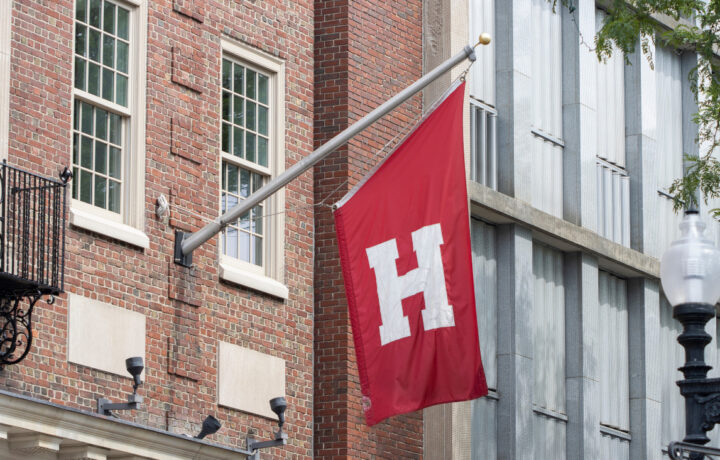Recently I have talked about high school graduates choosing to go into the trades instead of going to college, knowing that college is not for everyone. However, for high school students considering college, a question asked by many of them (and their parents) – “Is attending a prestigious school is worth the extra cost?”. It is a valid and relevant question considering that according to a 2024 survey by College Ave., less than half (only 44% to be exact) of parents felt they were prepared to pay their child’s first tuition payment. And as we know, tuition is only part of the cost. There are also books, fees, housing (if not living at home), food, transportation, etc.
The Advantages of Attending a Prestigious College
But there are also some advantages to getting a college degree … and especially a degree from a higher-ranked prestigious college or university. Let’s look at the later …
1. Higher Pay Over Time
Stacker.com used data from a 2024/20025 U.S. News & World Report and found that graduates from the top 10 universities are making on average $100,000 a year ten years after college whereas graduates from schools ranked in the 100th to 200th range were making on average $65,000 for the same number of years since school. They also found that the earnings-to-college ranking relationship held true regardless of if the schools were private or public.
2. Type of Degree Impacts Earnings
Not only does the school’s ranking make a difference, but so does the major chosen by the student. The Census Bureau found that Americans between the ages of 25 and 64 with bachelor’s degrees earned on average $74,000 per year. However, those in more lucrative fields – like electrical engineering – earned $122,000 per year. Sadly, those with education degrees were toward the bottom of the scale at around the mid to upper $50,000 after ten years of being out of school.
3. Increase in Non-Monetary Success
In another study – a 2023 one by Harvard – they found that attending an Ivy League or comparable school as an undergraduate increased the chances of those graduates getting selected to attend top graduate schools and tripled their chances of working for one of many prestigious institutions. What they found was that it increased the chances by 60% of working in the top 1% jobs in fields like technology, law, finance and consulting.
Another non-monetary perk is that graduates often become part of extensive and influential alumni networks that can open doors that otherwise would have remained closed. This can lead to professional level internships, mentorships and other professional opportunities and resource connections.
Higher Tuition Doesn’t Always Mean High Student Debt
While the higher-ranked schools – especially private schools – do cost more to attend, they can also have higher endowments meaning they can offer larger financial aid packages, thus keeping the out-of-pocket costs lower. How much really comes down to how much the student’s family can afford to pay. So, the bottom line is for students and their parents to do their homework using college cost calculators to make the best financial decision for them and their student. And to decide if the college experience at a higher ranked and higher cost school is worth the money invested. For many it will be … but for others not.




